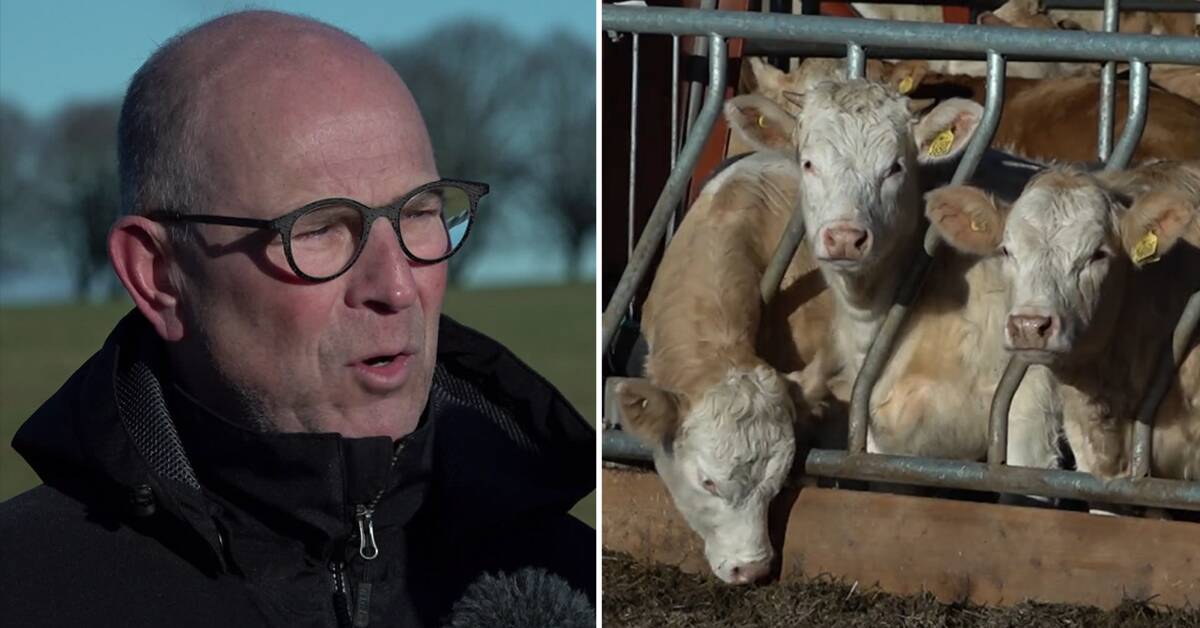Climate change is a global problem with local consequences.
This is confirmed by the Swedish Agricultural Agency, and at Högestad estate in Österlen, it is noticeable that the Scanian climate has changed.
- We have longer periods of rain but also of drought.
We didn't have that before, says Christian Negendanck, CEO of one of Sweden's largest estates, Högestad and Christinehof in Österlen.
The total area is 13,000 hectares, roughly half of which is arable and pasture land.
- I have worked with agriculture all my life and we are seeing a change.
If we get a rainy season when we are going to harvest in the fall, it will have disastrous consequences for us.
If there is a drought in the spring, it can also cause problems.
New crops and pests
When it gets warmer, new crops can work in the Scanian heat.
- We are starting to look at other crops, such as protein crops that have been grown in southern Europe, says Christian Negendanck.
Research and development of new crops is ongoing at Lantmännen.
An adaptation to new climate conditions is required and when it gets warmer, new pests also come.
- We run the risk of having pests such as insects that either do damage themselves or spread viruses and it can be very serious, says Johannes Åkerblom, head of crop cultivation for Lantmännen.

